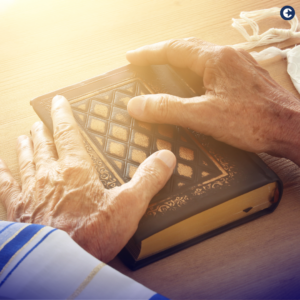Introduction
Yom Kippur, also known as the Day of Atonement, is considered the holiest day on the Jewish calendar. It is a day set aside for fasting, prayer, and introspection. Falling ten days after Rosh Hashanah, the Jewish New Year, Yom Kippur serves as the culmination of the “Ten Days of Repentance,” offering individuals an opportunity to make amends and start anew. In this blog post, we will explore the significance, traditions, and contemporary relevance of Yom Kippur.

Historical Roots and Significance
Yom Kippur dates back to biblical times and is mentioned in the Torah. It commemorates the day when Moses returned from Mount Sinai with the second set of commandment tablets and found the Israelites atoned for the sin of the golden calf. Ever since, the day has been a time for the Jewish community to repent for their sins and seek forgiveness from God.
Traditional Observances
Observing Yom Kippur typically involves the following practices:
Fasting
Adults refrain from eating or drinking from sundown to sundown, a fast lasting about 25 hours.
Prayer Services
Special services are held at synagogues, including opening (Kol Nidre) and closing (Neilah) prayers.
Reflection and Repentance
Individuals spend the day in deep self-examination, considering the sins they have committed in the past year and seeking ways to make amends.
The Contemporary Relevance of Yom Kippur
In today’s fast-paced world, the act of stopping to reflect on one’s actions over the past year can be incredibly grounding. Yom Kippur offers a structured time for that introspection, encouraging people to step back from daily routines, apologize for wrongdoings, and make plans for self-improvement.
How Non-Jews Can Respect the Observance
For those who aren’t Jewish but have Jewish friends, colleagues, or neighbors, it’s a sign of respect to offer good wishes for an “easy fast” or to simply acknowledge that you’re aware it’s a significant day for them. Businesses and schools often acknowledge Yom Kippur as a day off to respect the community observance.

Conclusion
Yom Kippur is a day of solemnity, reflection, and a return to spiritual and moral roots. Whether you observe the day in a religious context or use the time for personal reflection, the essence of Yom Kippur resonates with the universal human need for forgiveness and a fresh start.
For more follow us on Instagram, Facebook, Twitter, & LinkedIn.



